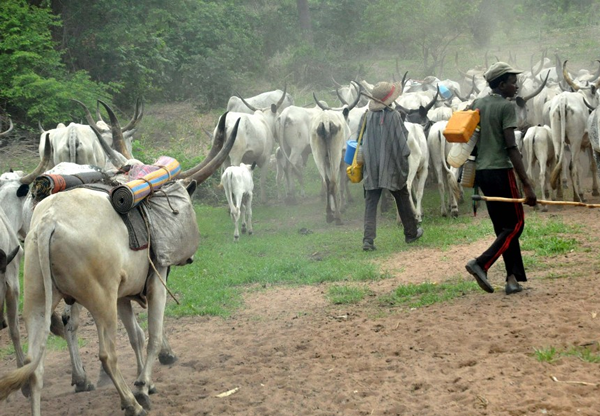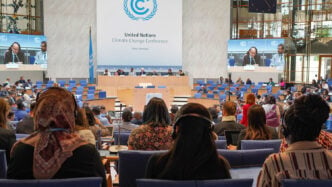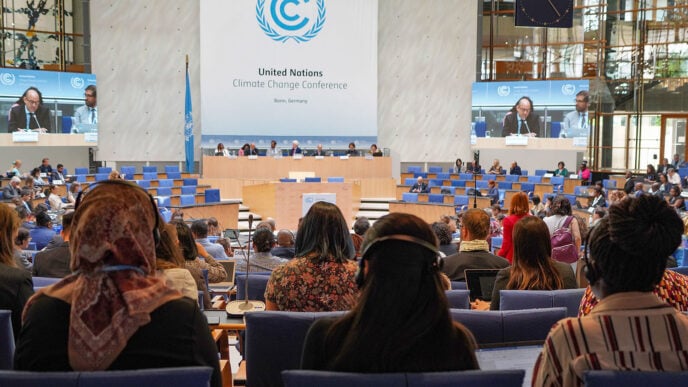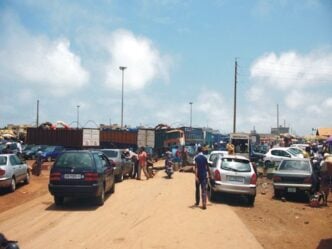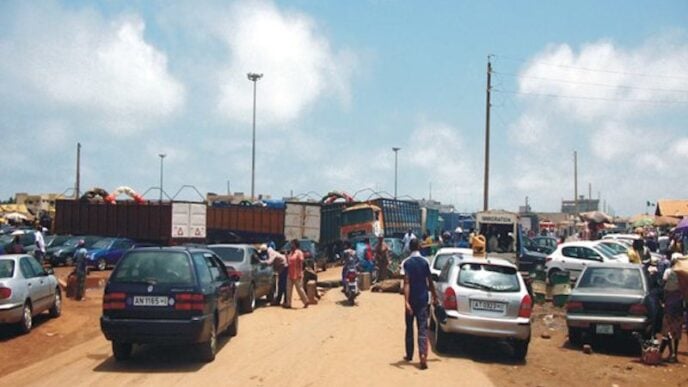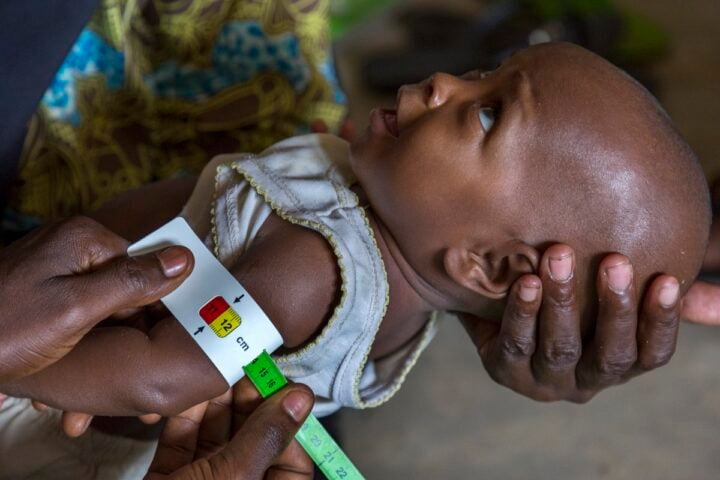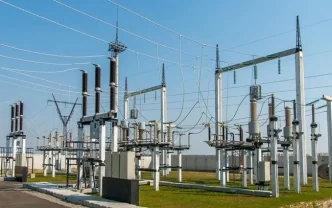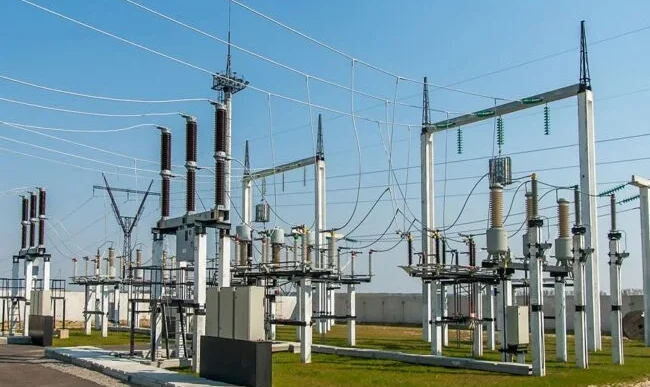BY THOMAS SAMUEL
Last month, while presenting my paper titled “Reporting for Resolution: Climate Change, Resource Conflict, and Solution Journalism in Nigeria’s Farmer-Herder Crisis” at the NNPC Foundation Symposium on Energy and Sustainable Environmental Communication—organised by the Centre for Media and Communication Research at Pan-Atlantic University, Lagos—I was unaware that, back home, the farming communities of Munga Lalau and Munga Doso in Karim-Lamido Local Government Area of Taraba state were under attack, resulting in the loss of over 40 lives.
The Taraba state governor condemned the violence and established a commission of inquiry to investigate its causes. Similarly, in April 2025, at least 56 people were killed in Benue state’s Logo and neighbouring villages, with Governor Hycent Alia alleging political orchestration by national assembly members, though without naming them.
These incidents underscore the persistent violence plaguing Nigeria’s farmer-herder crisis, which has claimed over 60,000 lives and displaced 265,000 people since 2016. Beyond official condemnations and blame-shifting, the critical question remains: What concrete steps are being taken to achieve lasting peace?
Advertisement
In my paper, I identified government inaction as a primary driver of the crisis, creating a fertile ground for retaliatory attacks to thrive. Amnesty International’s 2018 report corroborates this, documenting thousands of deaths and millions displaced due to the government’s reluctant disposition.
The failure to address systemic issues, such as outdated land-use policies like the 1978 Land Use Act, exacerbates tensions by fostering ambiguous land tenure systems that favour elites while neglecting smallholder farmers and herders.
Additionally, climate change and population growth intensify resource competition, disrupting the harmonious coexistence that once characterised these communities. Rising temperatures, erratic rainfall, and land degradation have diminished grazing routes and arable land, pushing herders and farmers into conflict over dwindling resources.
Advertisement
Drawing from my research, which combined qualitative interviews with farmers, herders, and stakeholders in Taraba State, as well as a survey of 22 journalists covering climate and conflict in Northeast Nigeria, four key themes emerged: climate change and resource scarcity, governance failures, human impact, and media coverage.
The findings underscore the need for a multifaceted approach to address the farmer-herder crisis, combining solution-oriented journalism, policy reform, climate adaptation, and community-led peacebuilding.
It is important to note that the creation of the ministry of livestock development by President Bola Ahmed Tinubu in June 2025, aimed at addressing herder-farmer conflicts and unlocking economic potential in the livestock sector, is timely. However, its success depends on clear implementation strategies and stakeholder engagement, especially considering the limited success of previous policies like the anti-open grazing laws in Taraba and Benue states.
The National Agricultural Resilience Framework (NARF) could complement this initiative by promoting mutually beneficial relationships between farmers and herders. Additionally, adopting agroforestry, as seen in other regions like the Indian Himalayas, could enhance ecosystem services and provide alternative livelihoods, thereby reducing resource competition.
Advertisement
Journalists should also leverage platforms like the Nigeria Climate Change Forum (NCCF) 2025, which emphasised policy implementation and private sector engagement, to advocate for climate-smart solutions. Collaborating with NGOs and interfaith organisations, such as the National Inter-Religious Council (NIREC), which has mediated conflicts in Benue, can further amplify peacebuilding efforts.
Addressing the gender dimensions of the crisis, as highlighted by studies showing women’s vulnerability to violence, requires integrating gender-sensitive approaches into peacebuilding and reporting.
While government responses, such as inquiries and troop deployments, are steps forward, they remain insufficient without systemic reforms. Solution journalism offers a transformative approach by highlighting grassroots initiatives, promoting dialogue, and holding policymakers accountable.
The media, policymakers, and communities must collaborate to transform this crisis into an opportunity for coexistence and resilience.
Advertisement
Thomas Samuel is a news editor at the Taraba State Broadcasting Service (TSBS), Jalingo.
Advertisement
Views expressed by contributors are strictly personal and not of TheCable.
